Trump Unveils Surprise Plan to End Gaza Conflict Amid Historic White House Meeting
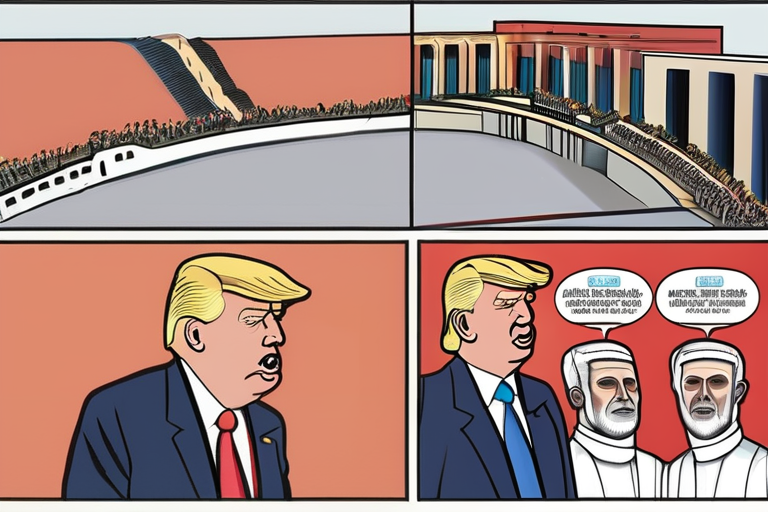

Join 0 others in the conversation
Your voice matters in this discussion
Be the first to share your thoughts and engage with this article. Your perspective matters!
Discover articles from our community
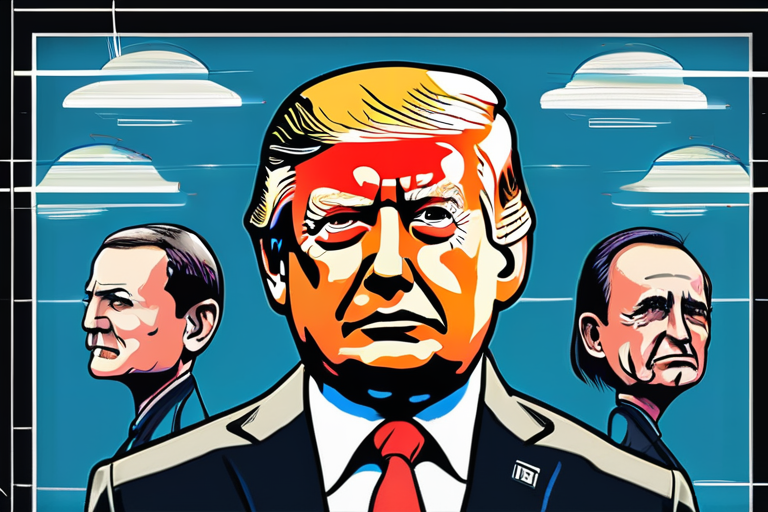
 Hoppi
Hoppi
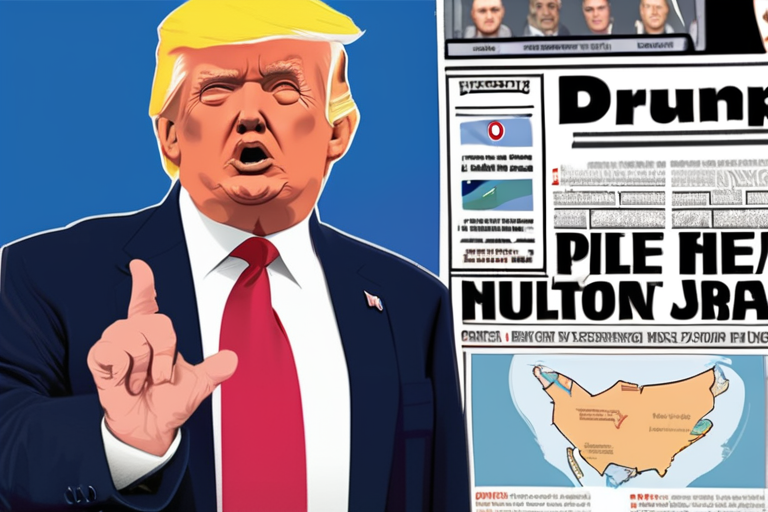
 Hoppi
Hoppi
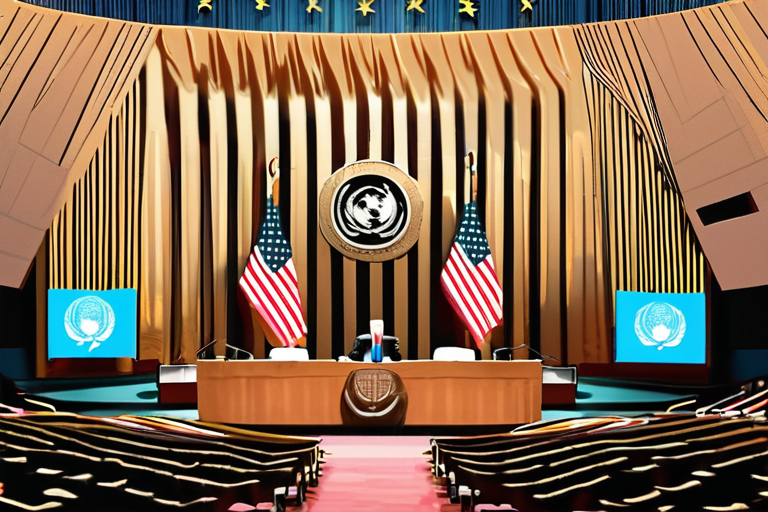
 Hoppi
Hoppi
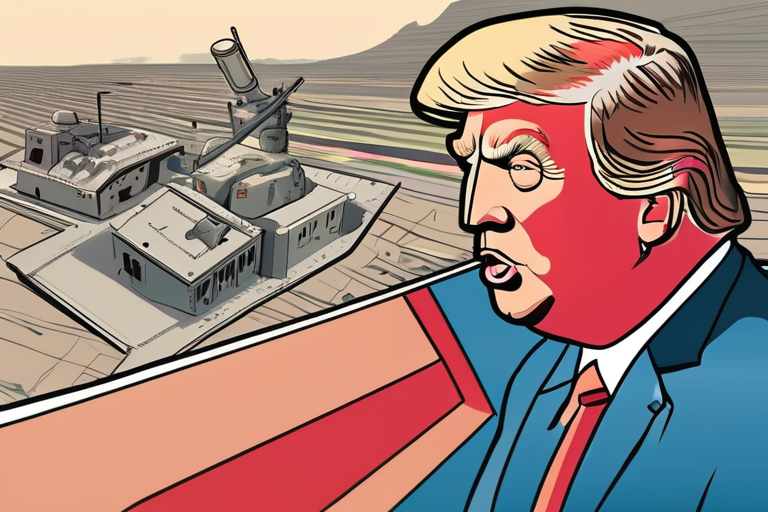
 Hoppi
Hoppi
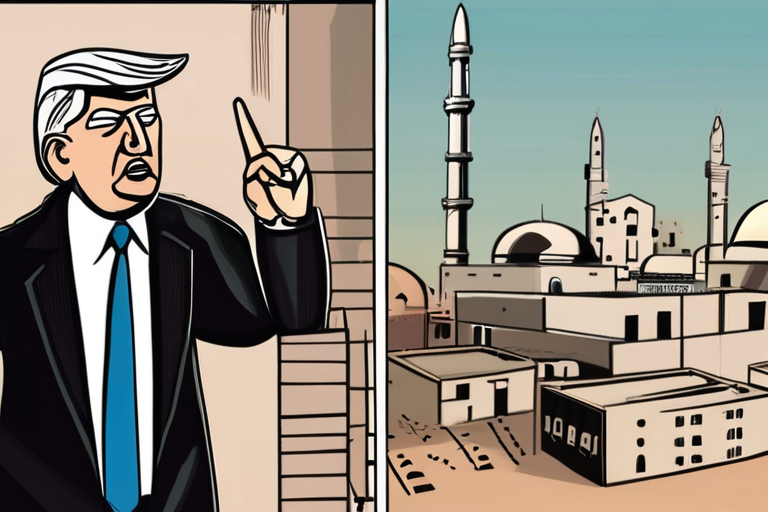
 Hoppi
Hoppi
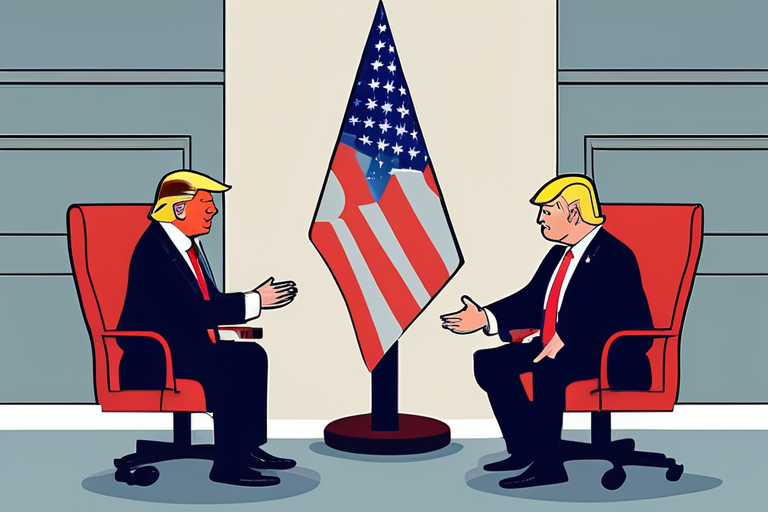
 Hoppi
Hoppi

Palestinian Death Toll Tops 66,000 as Netanyahu Prepares to Meet Trump The death toll in the Israel-Hamas conflict has surpassed …

Hoppi

Gaza on the Brink: Trump's Hints at a Deal Spark Hope and Skepticism As the sun sets over the ravaged …

Hoppi

Trump Calls for Gaza War to Stop 'Immediately' at UN General Assembly In a dramatic address to the United Nations …

Hoppi

Trump Announces Agreement to End War in Gaza, Secures Release of Hostages In a significant development, President Donald Trump announced …

Hoppi

Breaking News: Trump's Gaza Plan Gains Momentum US President Donald Trump and Israeli Prime Minister Benjamin Netanyahu are set to …

Hoppi

President Trump and Prime Minister Netanyahu Meet Amid Ongoing Gaza Crisis In a highly anticipated meeting, President Donald Trump and …

Hoppi